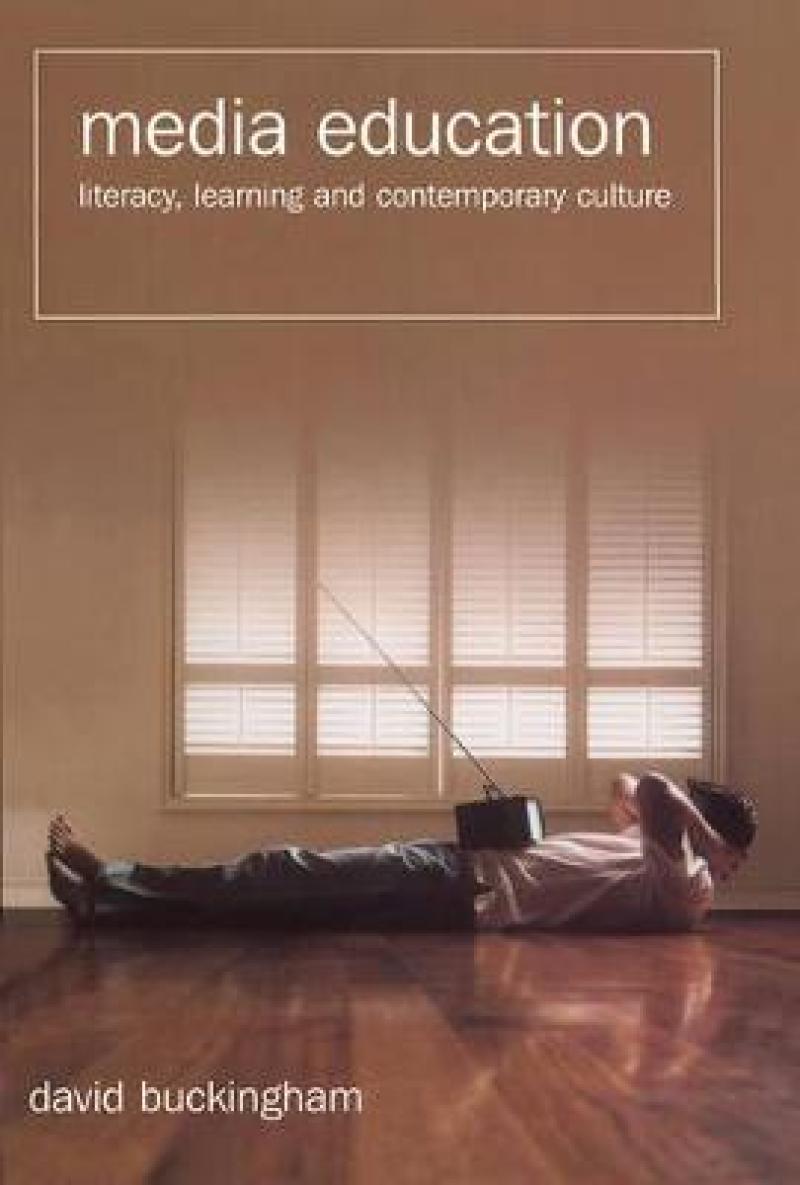David Buckingham takes the pulse of media education today, insightfully surveying the field, probing the debates and controversies, assessing out motives for teaching the media but leaving us a road map for map for the future. Covering both analysis and production, including the new digital technologies, this book is a must-have for the serious media teacher.’<br /> <p>Barry Duncan, media education consultant, Toronto<br /> </p> <p>‘Media Education offers a comprehension overview of the debates, the theories and the principles that have underprinned the teaching of media, and makes a clear and urgent case for how it should proceed in the future. Buckingham provides a thorough and convincing rationale for a form of media education that is both theoretically sound and practically possible.’<br /> </p> <p>Dr Sue Turnbell, La Trobe University<br /> </p> <p>‘Buckingham marshals all his considerable talent to define the field of media education in an engaging and compelling style. This inspiring book moves educational reform ahead by light years.’<br /> </p> <p>Kathleen Tyner, author of Literacy in a Digital World</p>
This book examines recent changes in media education and in young people’s lives, and provides an accessible set of principles on which the media curriculum should be based, with a clear rationale for pedagogic practice.
- David Buckingham is one of the leading international experts in the field - he has more than twenty years' experience in media education as a teacher and researcher.
- This book takes account of recent changes both in the media and in young people’s lives, and provides an accessible and cogent set of principles on which the media curriculum should be based.
- Introduces the aims and methods of media education or 'media literacy'.
- Includes descriptions of teaching strategies and summaries of relevant research on classroom practice.
- Covers issues relating to contemporary social, political and technological developments.
Part I: Rationales:.
1. Why Teach the Media?.
2. New Media Childhoods.
3. Media Literacies.
Part II: The State of the Art:.
4. Defining the Field.
5. Classroom Strategies.
6. Locating Media Education.
Part III: Media Learning:.
7. Becoming Critical.
8. Getting Creative.
9. Defining Pedagogy.
Part IV: New Directions:.
10. Politics, Pleasure and Play.
11. Digital Literacies.
12. New Sites of Learning.
References.
Index
These are some of the questions that arise in the area of media education – or media literacy, as it is sometimes called – which is gradually becoming recognized as a key aspect of the school curriculum in many countries. This book takes account of recent changes both in the media and in young people’s lives, and provides an accessible and cogent set of principles on which the media curriculum should be based, and a clear rationale for pedagogic practice. It outlines how media educators should respond to contemporary social, political and technological developments, and to the changing role and function of education itself.
David Buckingham is one of the leading international experts in the field. He has more than twenty years’ experience in media education as a teacher and researcher, and has lectured on the topic around the world. Media Education represents a distillation of his key arguments, and an authoritative analysis of the challenges that lie ahead for media educators.
